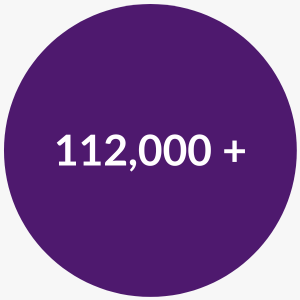Vegetable Ivory Seed

'Mulberry Mongoose you are the best team in giving back to the community. I can’t thank you enough you have really supported me fully.' - Mwamba, local artisan
The vegetable ivory seed comes from the indigenous palm tree. It is found in the center of a coconut-like husk and is rock hard. When sliced open the seed reveals a creamy white middle. It earned it's unique name as it looks like, and can be carved like, ivory and yet it is an organic seed. Funnily enough, the vegetable ivory is also a favorite food for elephant.
Talented local artisans collect in the vegetable ivory seeds. Cycling many kilometers into the bush and taking 4 to 5 hours to search for them. After diligently filling recycled maize sacks with them they make the long journey back home. Here they remove the outer husks with an axe and their bare hands, then extract the hard seed before expertly sawing this into even slices which we use as beads.
We buy over 1000 vegetable ivory seeds annually; our team further cut the slices into smaller pieces and meticulously drill and sand them to form part of our Rhino conservation and Vegetable ivory collection.
Fun story: We once left a full bag of vegetable ivories in our workshop overnight. A passing bull elephant smelt them and, the temptation being too much, bashed our workshop door down and ate the whole bag. The door was left shattered behind him; a passing troop of baboon took advantage of this and broke into our shop. When we arrived for work our kitchen supplies were finished, and our shop was in chaos. Worst of all, none of the offenders left a TripAdvisor review!
-

Raised for anti snare patrols
-

Snare traps transformed
-

Snare wire removed from circulation
"Beautiful jewellery, well-made, original, and to top all of that, made from snare wire and giving a donation to conservation. There's a lot to love here!" - Penny, Great Britain



